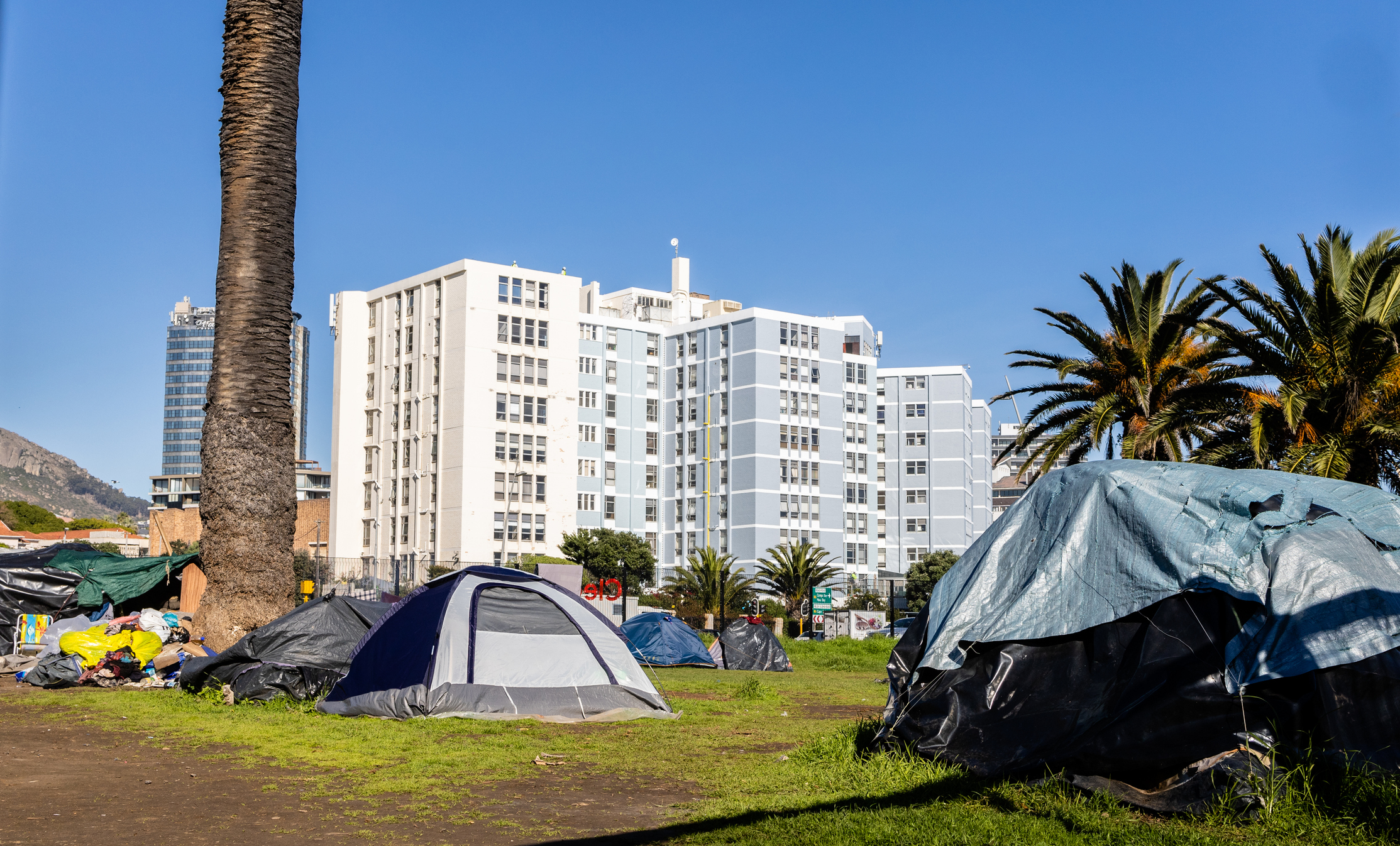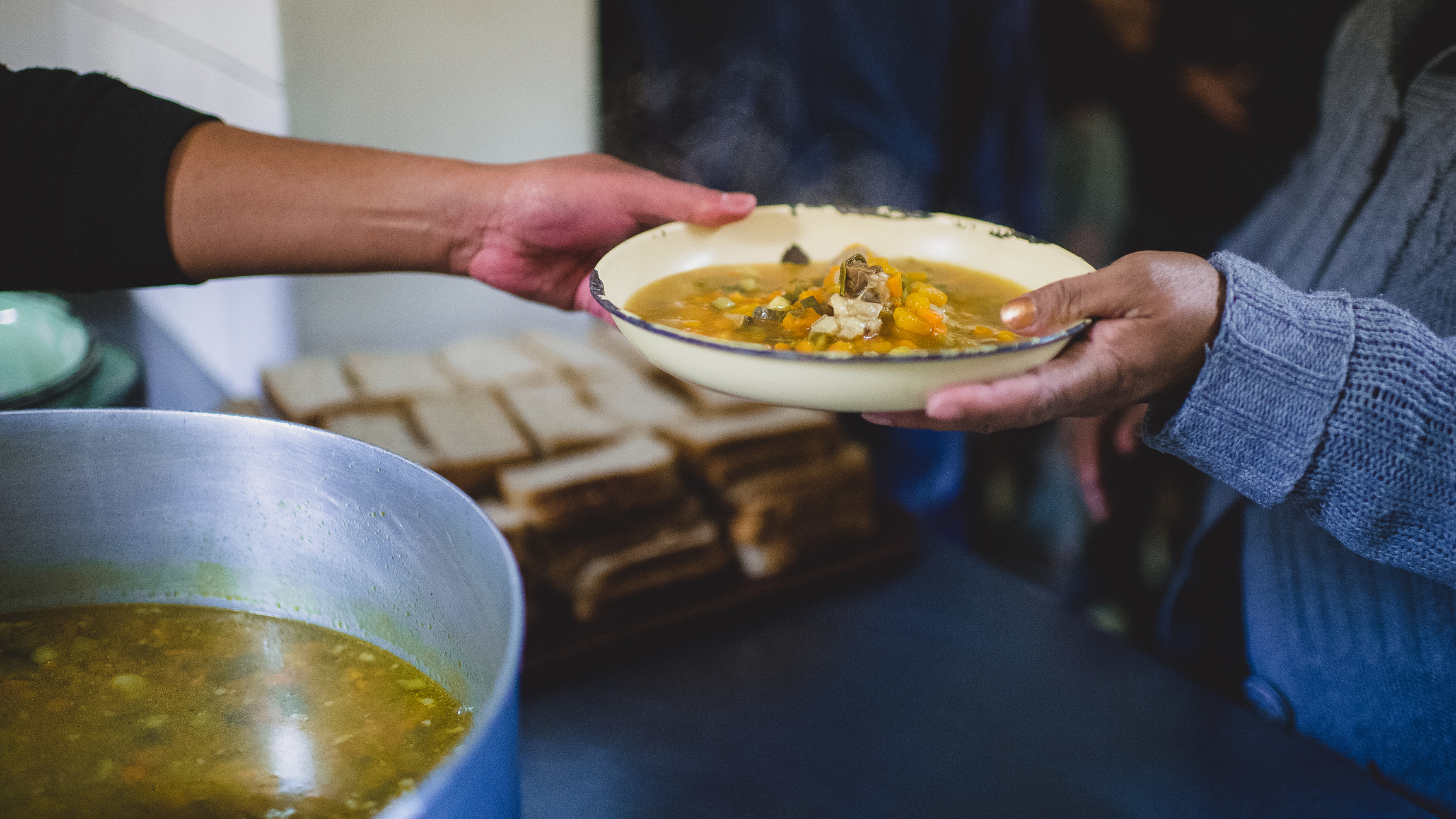Homelessness
 Living on the streets or being homeless goes far beyond not having a roof over your head. It includes the lack of basic services essential for human survival. There's a lack of job opportunities, health services and education, to name a few. Unfortunately, this is the reality for many people in our province, making it even more challenging during winter.
Living on the streets or being homeless goes far beyond not having a roof over your head. It includes the lack of basic services essential for human survival. There's a lack of job opportunities, health services and education, to name a few. Unfortunately, this is the reality for many people in our province, making it even more challenging during winter.
You feel compelled to help, but what's the best way to make a lasting difference in the life of a homeless person? A hand-out might make the person begging from you to stop. By giving money, you encourage homeless people to avoid shelters and choose a life of begging on the street. By donating to a shelter, you can change the life of a homeless person in a meaningful and lasting way.
Why are people homeless?
People become homeless for a number of reasons, some of which are factors in their continued homelessness. Someone may become homeless because of:
- Unemployment
- Poverty
- Domestic violence/abuse
- No access to affordable housing/accommodation
- Poor physical and mental health
- Drug and alcohol abuse
- Physical and sexual abuse
- A breakdown in family and other relationships
- Gambling
 There are an estimated 14 000 homeless people in the greater Cape Town area, compared to 3 500 shelter beds.
There are an estimated 14 000 homeless people in the greater Cape Town area, compared to 3 500 shelter beds.
Why shouldn’t I give money to homeless people?
Giving money directly to a homeless person doesn’t help to change their situation. While a homeless person may use the money to buy food, those dependent on drugs or alcohol will use it to fund their addiction. Giving money to an addict keeps them trapped in the cycle of using drugs and alcohol to cope with their circumstances.
How is the government assisting the homeless?
Western Cape Government
The Department of Social Development (DSD) of the Western Cape Government would like to encourage the public to give responsibly. One can do this by donating money, food, clothes, toys, bedding, etc., to registered Non-Governmental Organisations (NGOs) who work specifically with the homeless people in our towns and cities. The DSD helps homeless people by fully or partially funding NGOs that focus on getting people off the streets and empowering them with skills, uniting them back with their families and integrating them into the communities.
How can I help?
If you'd like to assist someone living on the street, you can help them in the following ways:
- Refer them to their nearest shelters for adults or children under 18
- Contact the Department of Social Development (DSD) hotline on 0800 220 250 to find out how to donate to registered NGOs and shelters that provide services to homeless people. For information on registered NGOs, visit any of our regional or local offices, or contact our DSD hotline at 0800 220 250.
You can assist shelters in the following ways:
- Donate non-perishable and perishable food.
- Donate clothes and shoes of various sizes for both genders.
- Donate household goods e.g. bedding, cutlery and crockery, etc. Contact the shelter you'd like to donate to first and get an idea of what they need.
- Donating toiletries, such as shaving razors, deodorant, soap, toothpaste, shampoo, sanitary towels, etc., but first confirm with the shelter if they accept these items.
- Assist shelters with their fundraising events.
- Arrange or donate to a collection drive in your community, employer, place of worship, school, etc. and donate the collection to your nearest shelter.
- Assisting the shelter with offers of building maintenance or donating building and cleaning materials to them but trying and keep it in line with their needs.
- Make a monetary donation into the banking account of registered organisations.


